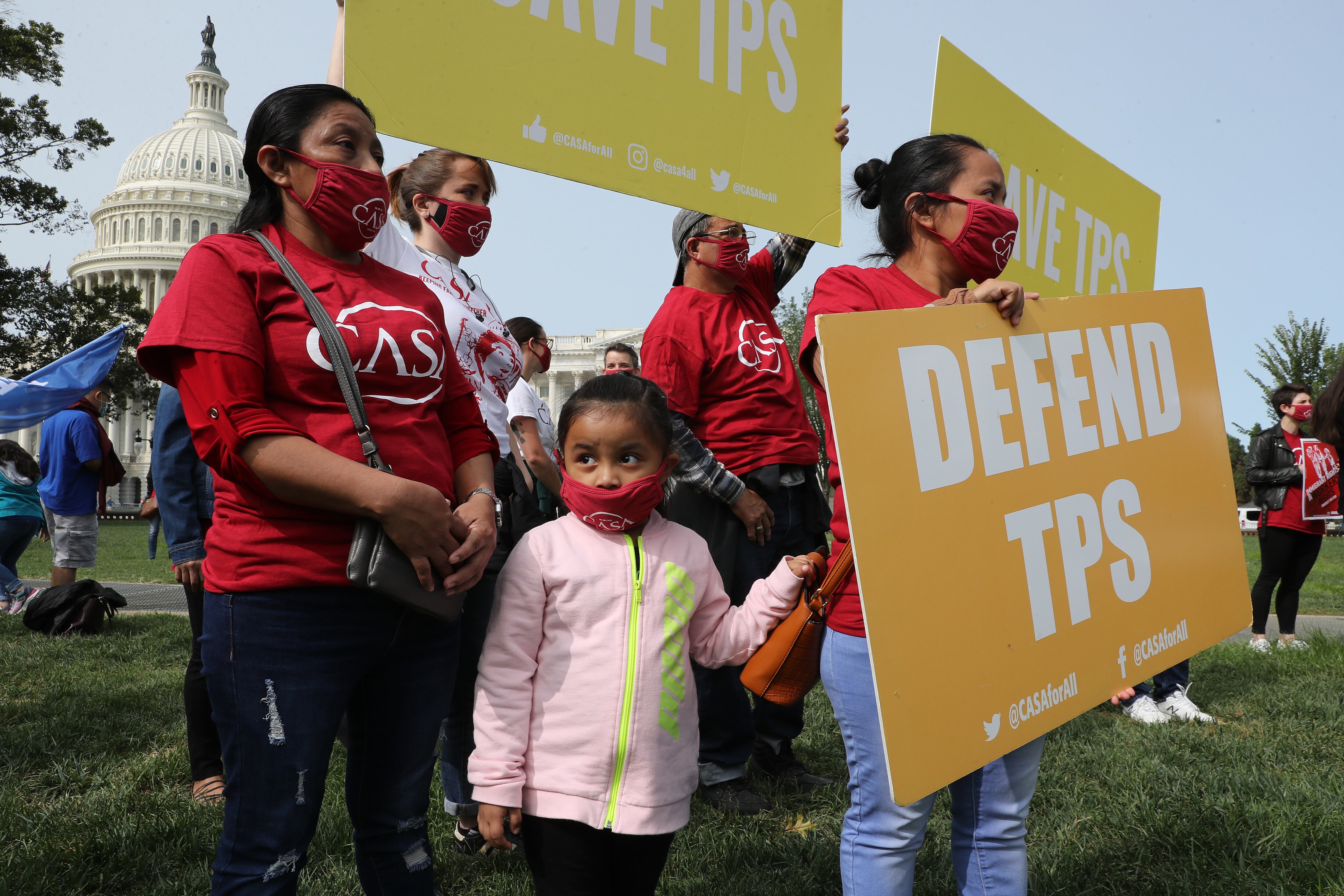
Judge Rebukes Homeland Security Secretary Over TPS Termination

A federal judge has strongly criticized Homeland Security Secretary Kristi Noem, accusing her of promoting discriminatory narratives in a recent ruling concerning the termination of Temporary Protected Status (TPS) for thousands of immigrants. This decision has sparked a debate about immigration policy and the rights of long-term residents in the United States.
What is Temporary Protected Status (TPS)?
Temporary Protected Status (TPS) is a designation that allows individuals from specific countries facing ongoing armed conflict, environmental disasters, or other extraordinary and temporary conditions to live and work legally in the U.S. and pay taxes. In July, Secretary Noem moved to cancel TPS for approximately 63,000 immigrants from Nepal, Honduras, and Nicaragua, ordering them to return to their countries of origin by September 8. This decision has now been challenged in court.
Judge Extends TPS, Criticizes Reasoning
Judge Trina Thompson issued a scathing ruling, extending the TPS status for these immigrants until at least November 18. She stated, “Color is neither a poison nor a crime,” emphasizing the importance of fair and just treatment under the law. The judge will hold a hearing in November to consider further relief for the immigrants affected.
In her ruling, Judge Thompson accused Secretary Noem of perpetuating the “discriminatory belief that certain immigrant populations will replace the white population,” referencing the controversial great replacement theory. This theory, often cited by extremist groups, alleges a deliberate effort to diminish the white population through immigration. It's important to understand the complexities and sensitivities surrounding immigration discussions.

Long-Term Residents Face Uncertainty
Judge Thompson highlighted that TPS designations for Honduras and Nicaragua had been in effect since the 1990s, and for Nepal since 2015. Many individuals affected by the termination order have been living and working in the U.S. for many years. They have built lives, earned degrees, bought homes, started businesses, and have U.S. citizen children and grandchildren.
“The freedom to live fearlessly, the opportunity of liberty, and the American dream. That is all Plaintiffs seek. Instead, they are told to atone for their race, leave because of their names, and purify their blood,” Thompson wrote. “The Court disagrees.”

Past Statements and the "Preordained" Decision
The judge pointed to past statements by President Trump and Secretary Noem as evidence suggesting that the decision to end TPS was “preordained” based on discriminatory biases. These statements include references to an "invasion" of "illegal aliens" and claims that immigrants are "poisoning the blood" of the country. Secretary Noem has echoed similar sentiments, describing immigration as an "invasion happening on purpose... to remake the foundation of this country."
The judge criticized the administration for conflating TPS holders with criminals, noting that the Department of Homeland Security has often described TPS holders as "poorly vetted migrants" that included criminals. She clarified that TPS holders are legally present in the country and are not eligible for TPS if they have been convicted of a felony or multiple misdemeanors. Additionally, they have contributed significantly to the U.S. economy through legal employment, tax payments, and contributions to Medicare and Social Security.
What's Next for TPS?
The Trump administration is expected to appeal the decision. This case highlights the ongoing legal and political battles surrounding immigration policy in the United States, particularly concerning the rights and status of long-term residents with Temporary Protected Status. Keep checking back for updates on this important issue.
